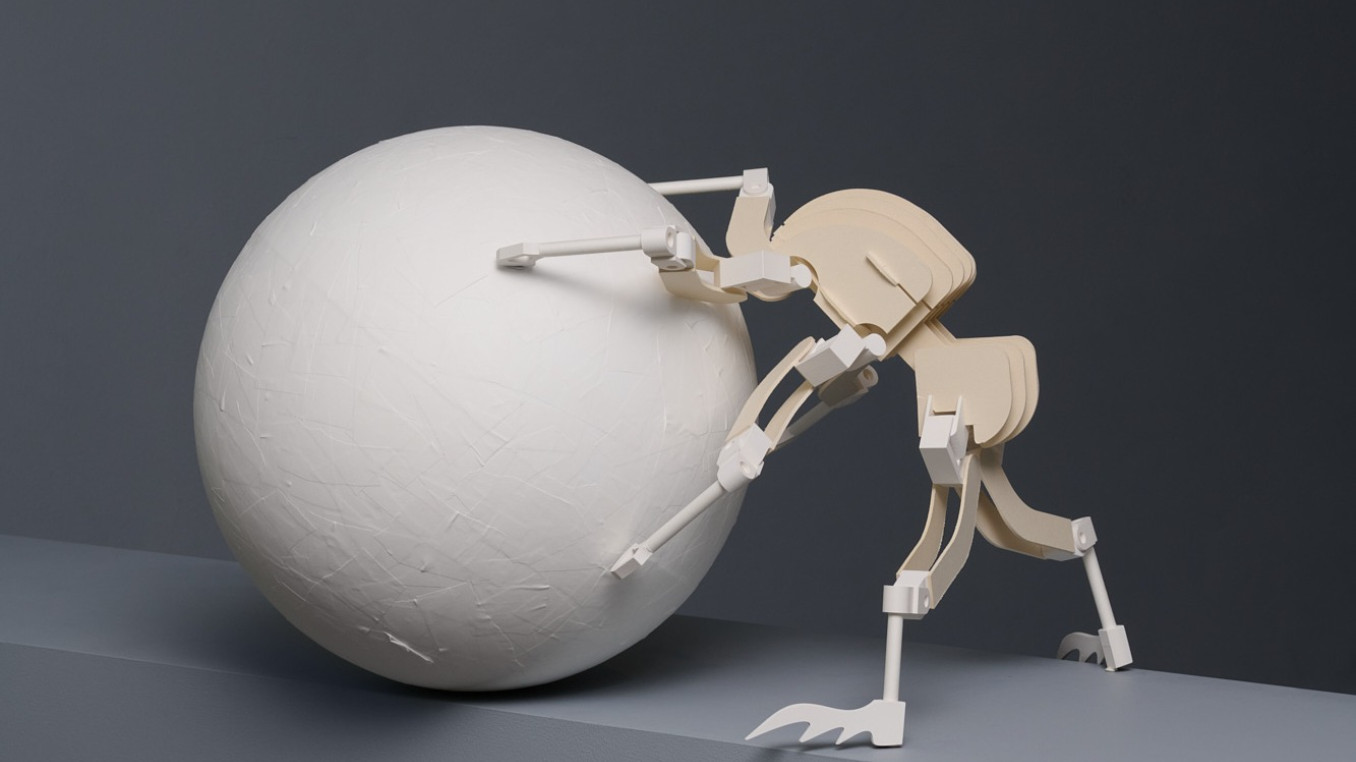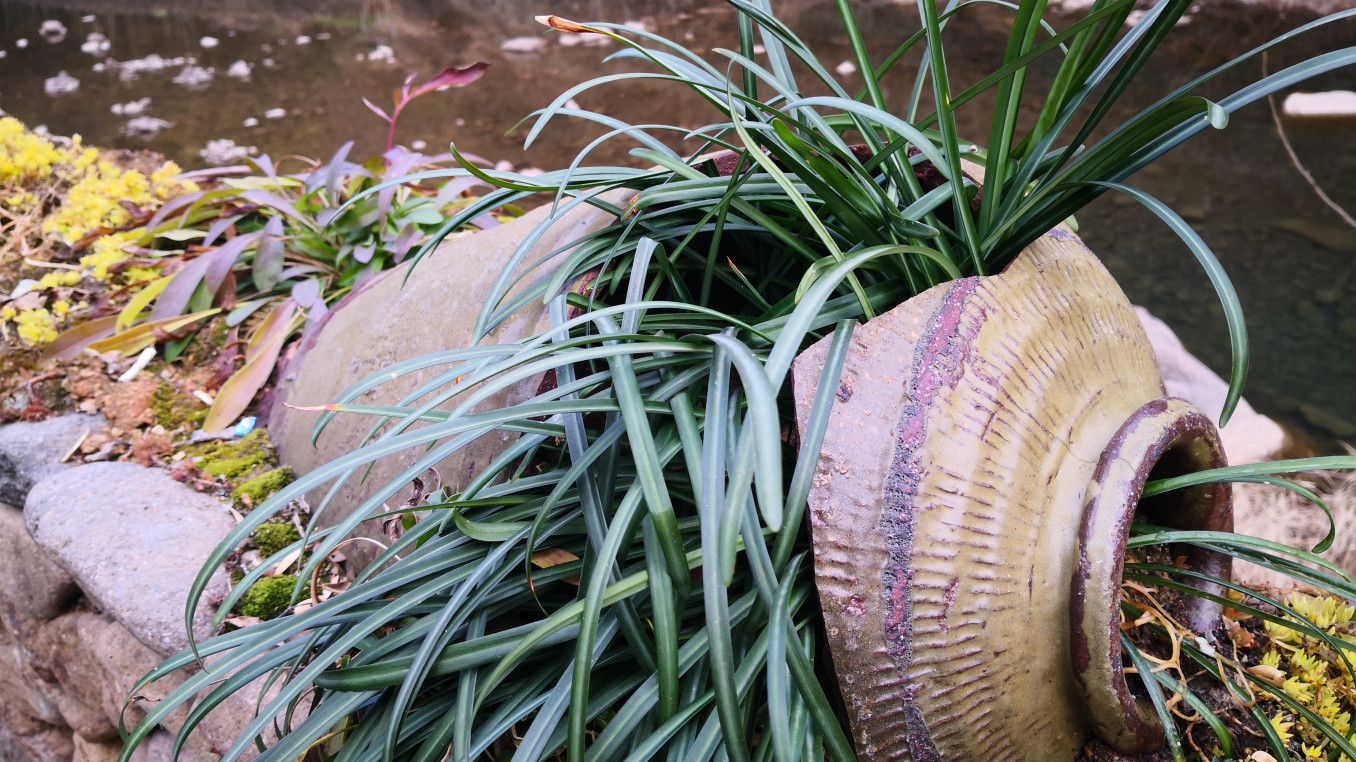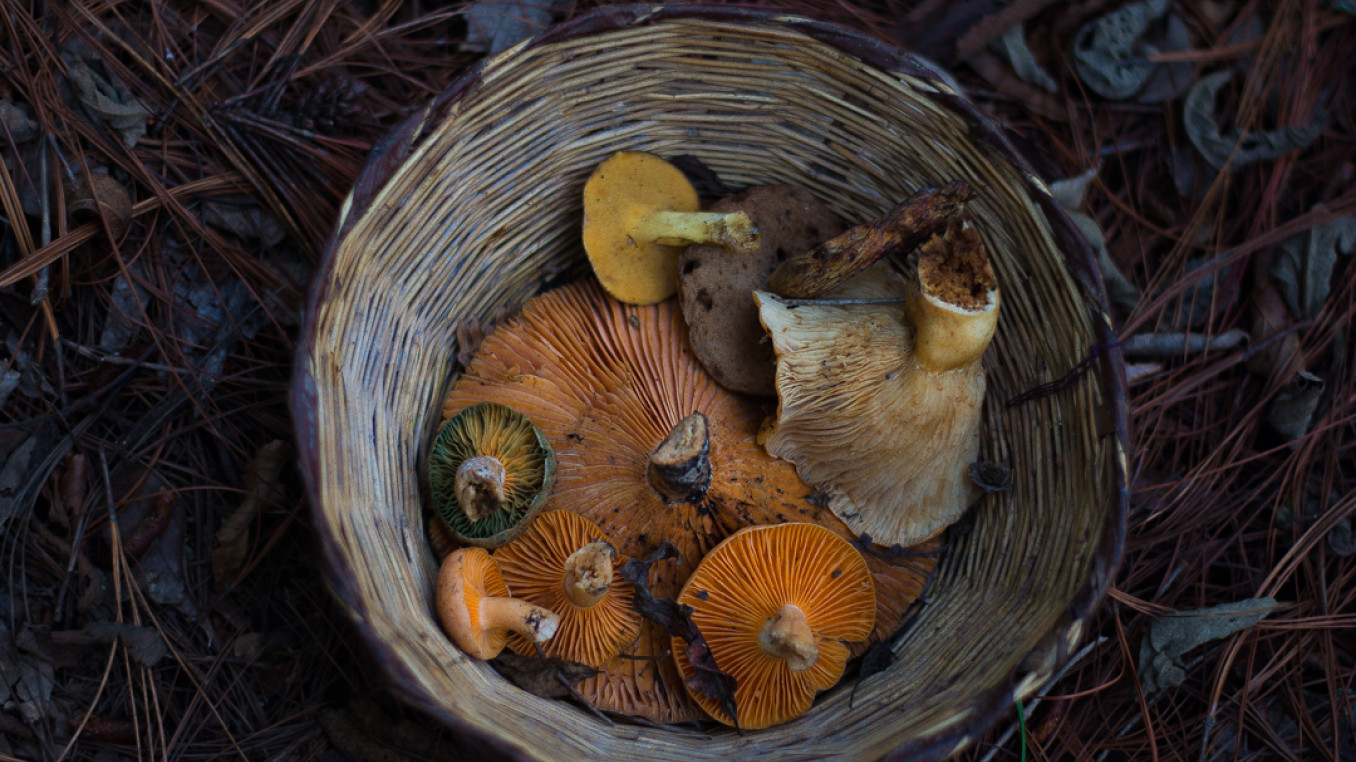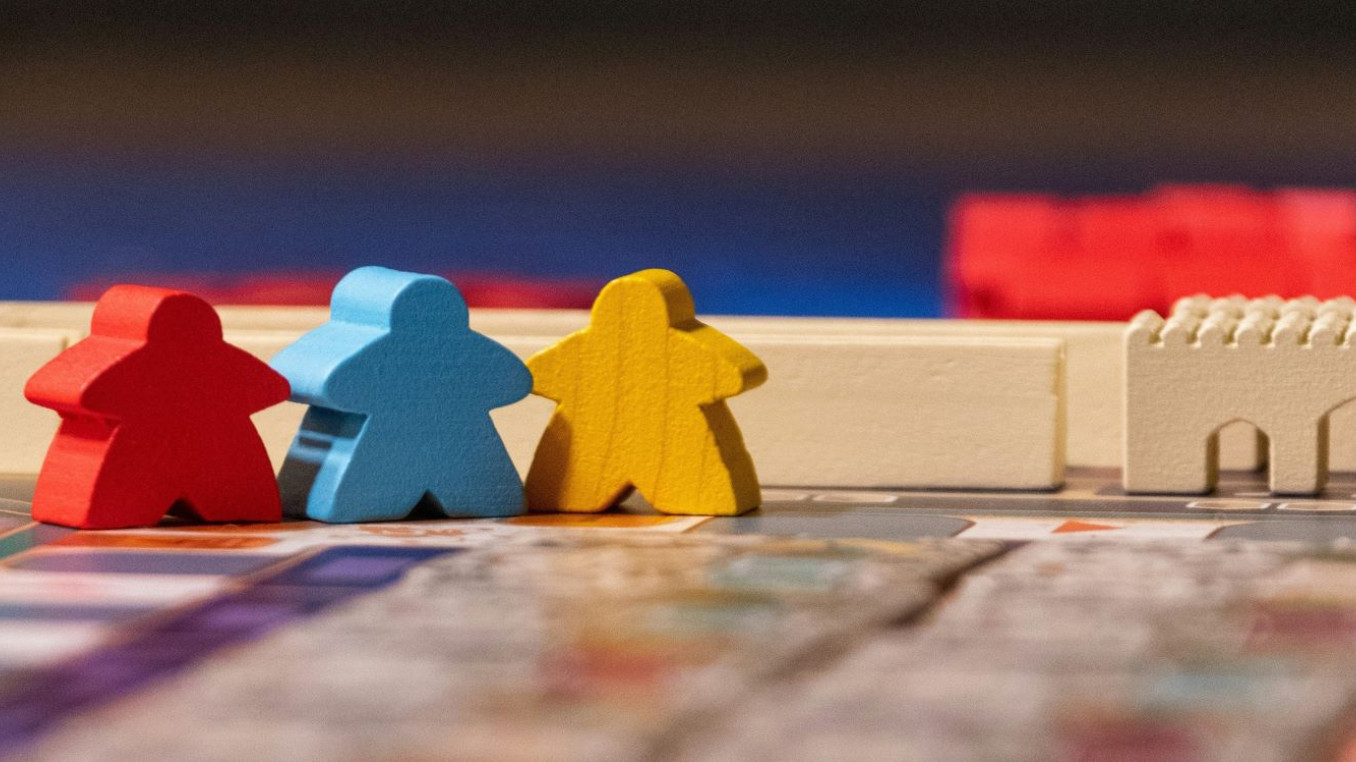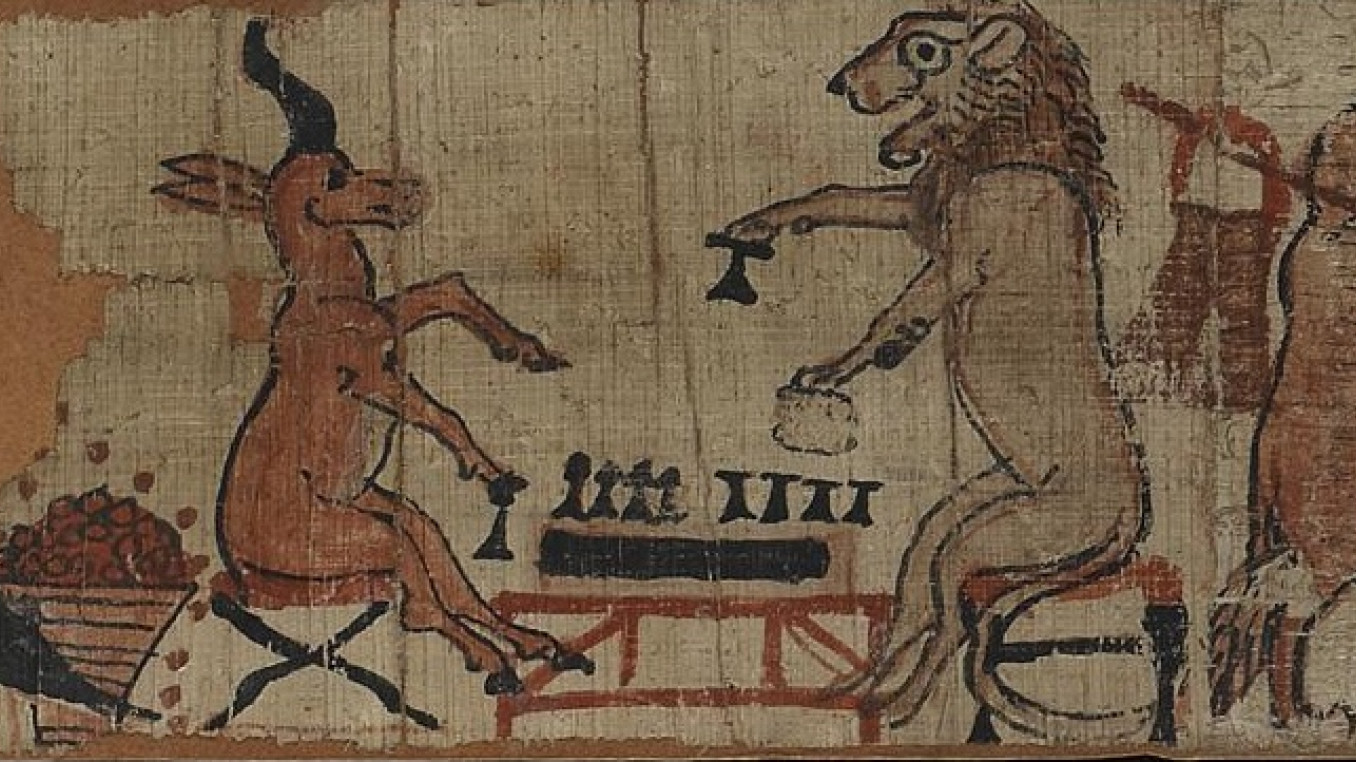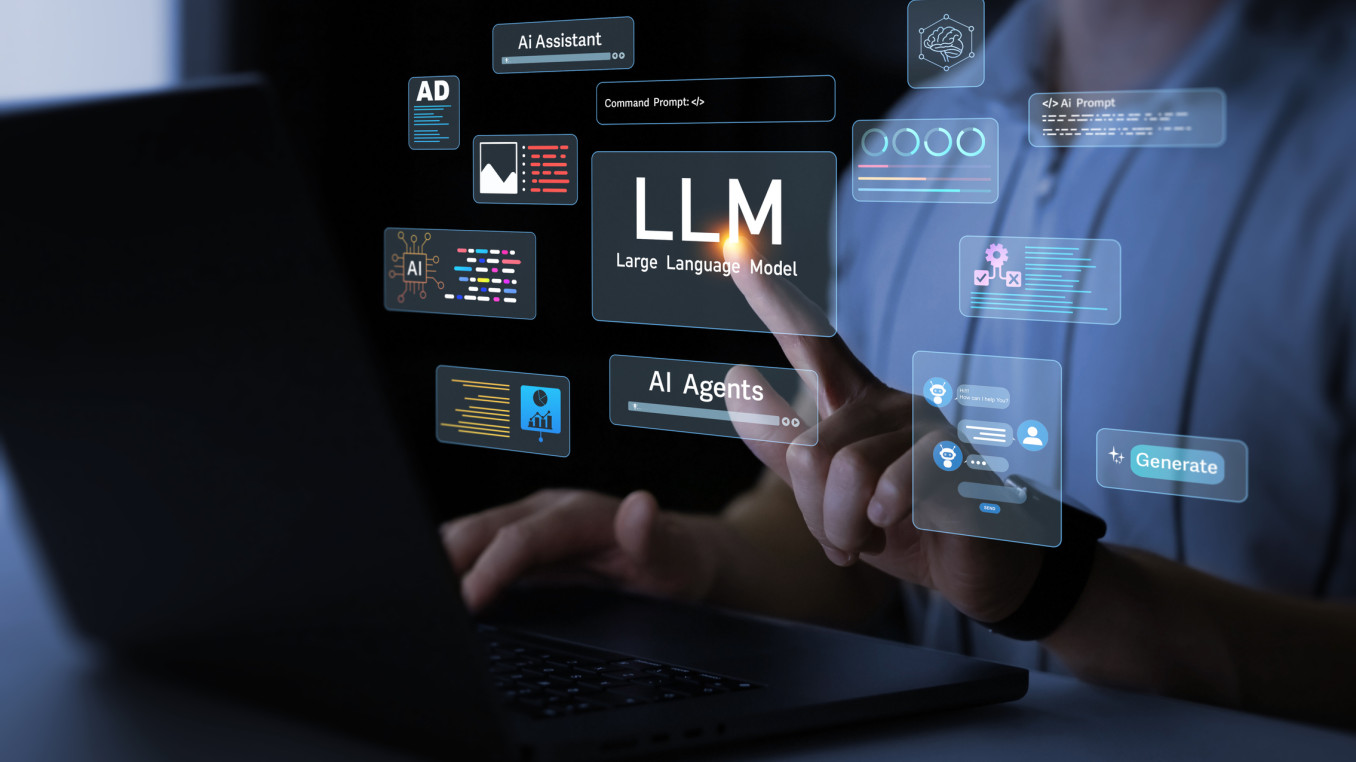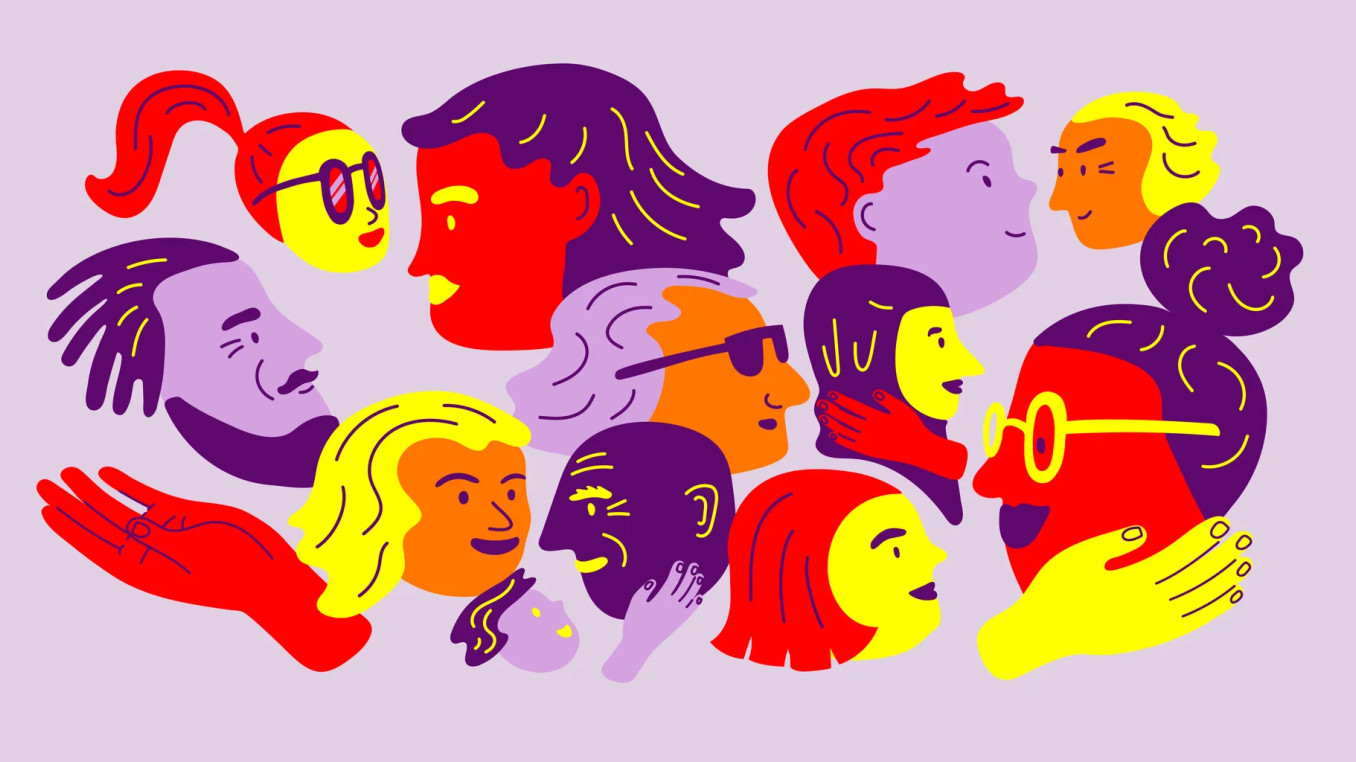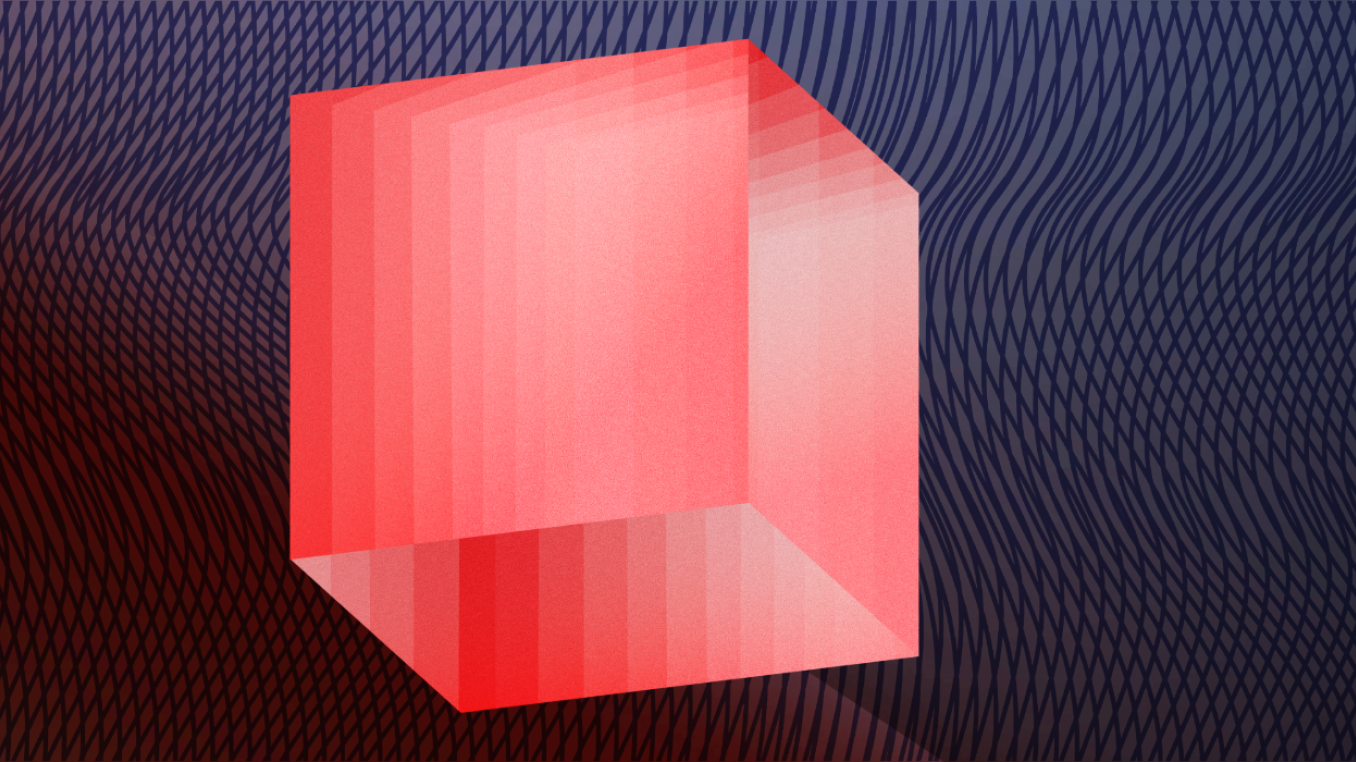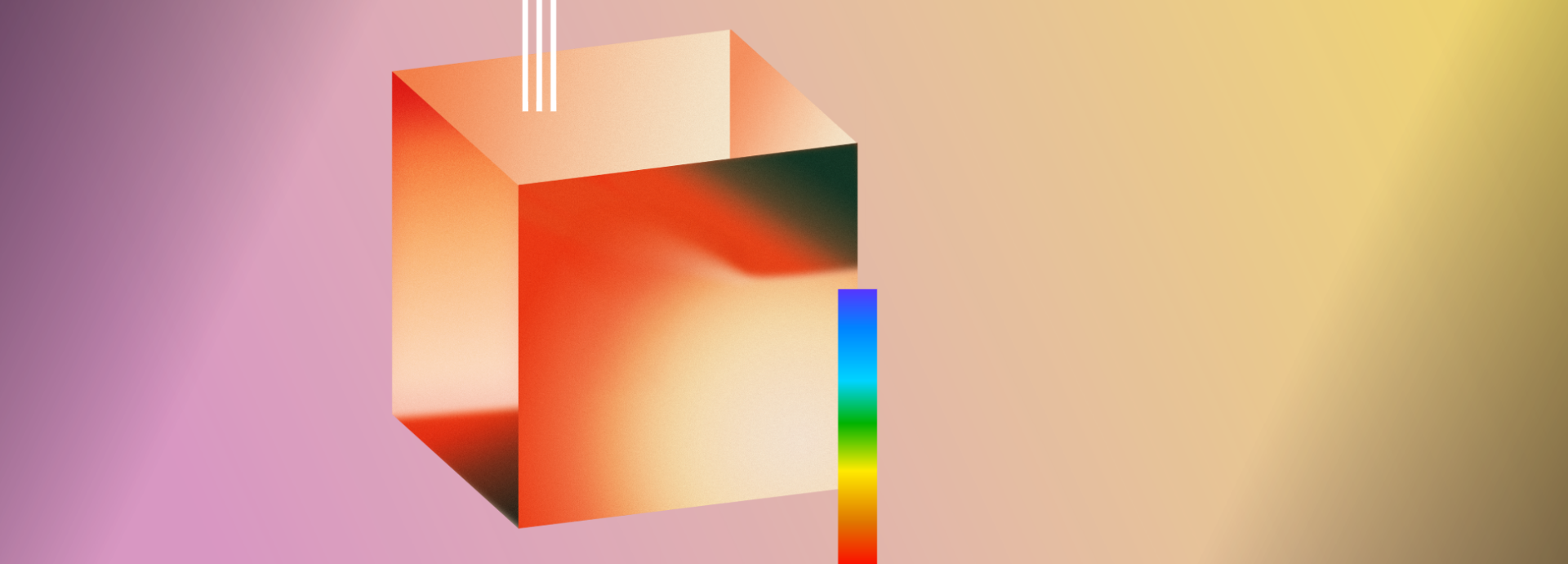
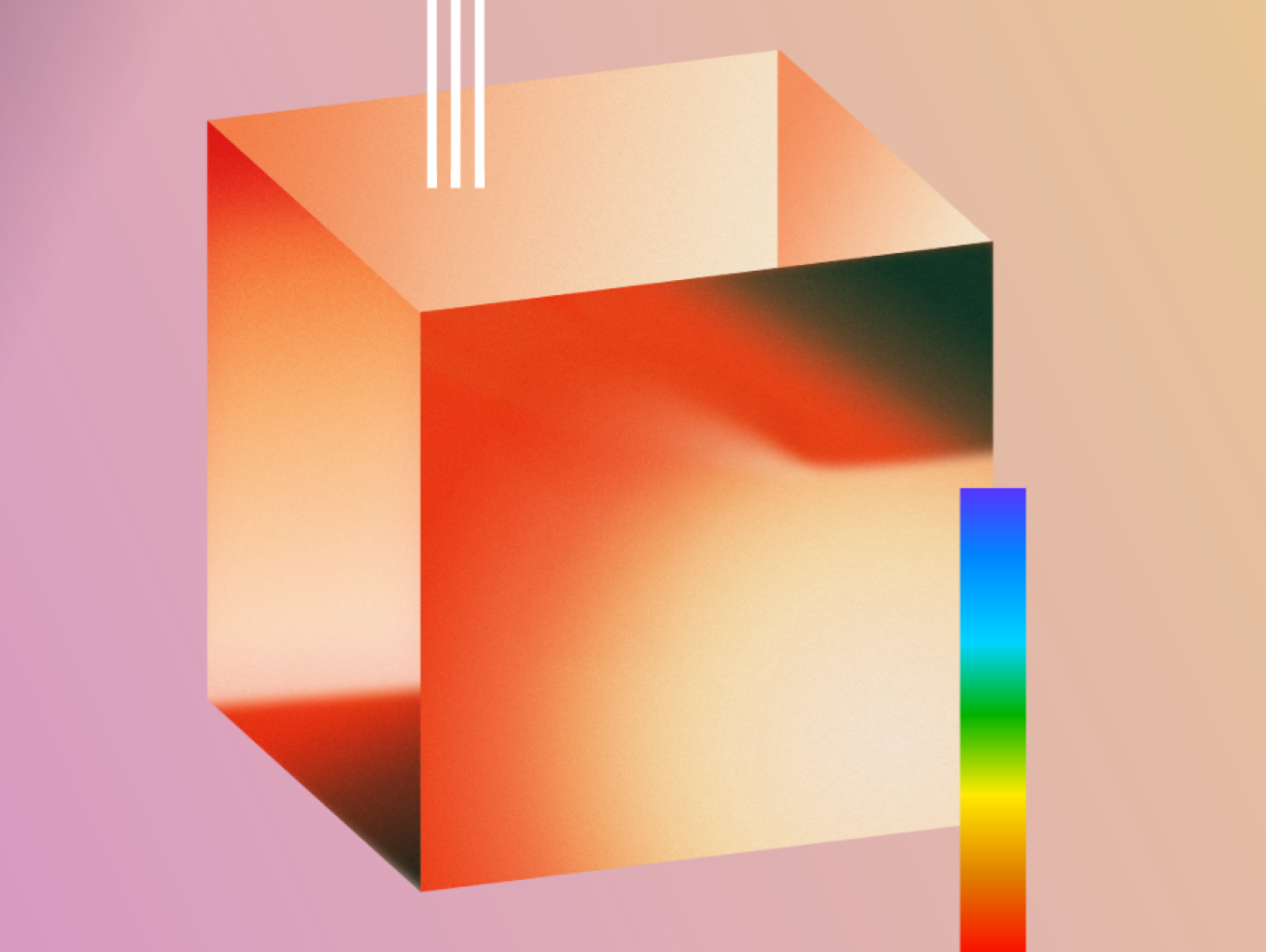
CAMPUS
Where science becomes tangible.
From 1–2 November, Berlin Science Week takes over one of the city’s most iconic scientific institutions, the Museum für Naturkunde Berlin, and transforms it into a lively, hands-on hub for science and society. With a two-day programme packed with live talks, workshops, exhibitions, and networking formats, CAMPUS invites visitors of all backgrounds and ages to experience science up close.
Whether you're diving deep into niche topics or challenging the assumptions behind dominant narratives, CAMPUS connects complex scientific ideas to everyday life and introduces perspectives that look beyond now. Have a conversation with a digital Einstein, play around with the physics of light, or recover the lost rules of ancient board games with historians. At every turn, you’ll have the chance to ask questions, exchange ideas, and meet the researchers behind the work. Whether you're deeply curious or just a little bit science-smitten, CAMPUS is where you’ll find something to get you thinking.
WHAT TO EXPECT
- Live programme: Hear from scientists asking big questions and tackling today’s most pressing challenges.
- Interactive Workshops: Join participatory formats, dive deep into ideas, and shape the conversation.
- Exhibition Stands: Explore cutting-edge research through interactive and visual storytelling.
- Networking Opportunities: Meet researchers, students, and organisations from across disciplines.
WHAT TO EXPECT
- Live programme: Hear from scientists asking big questions and tackling today’s most pressing challenges.
- Interactive Workshops: Join participatory formats, dive deep into ideas, and shape the conversation.
- Exhibition Stands: Explore cutting-edge research through interactive and visual storytelling.
- Networking Opportunities: Meet researchers, students, and organisations from across disciplines.
- Family-Friendly Programme: Bring the whole family for playful, interactive formats that make science interesting for all generations.
WORKSHOPS
Curious about what’s on? We’ve got topics ranging from biology and physics to history and sociology. Here are a few events to watch out for. These workshops are just the beginning.
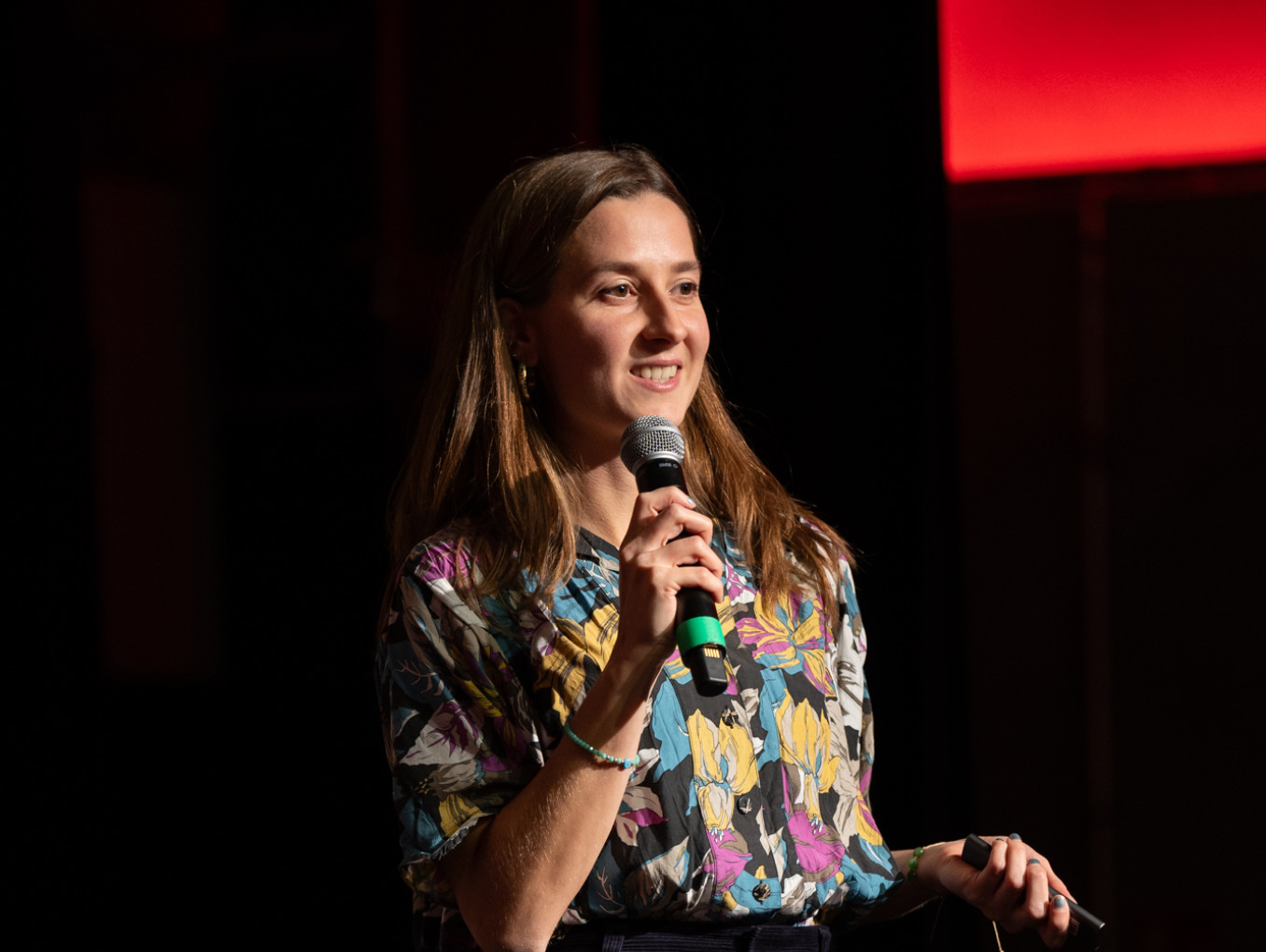

NEW IN 2025: SCIENCE TALKS ON THE INSPIRATION STAGE
The Inspiration Stage brings you quick-fire, TED-style talks that showcase the latest discoveries and innovative research across fields, from mathematics and biology to sociology and history. Hear from passionate scientists as they share bold ideas and projects, with opportunities to ask your own questions and engage directly from your seat.


NEW IN 2025: SCIENCE TALKS ON THE INSPIRATION STAGE
The Inspiration Stage brings you quick-fire, TED-style talks that showcase the latest discoveries and innovative research across fields, from mathematics and biology to sociology and history. Hear from passionate scientists as they share bold ideas and projects, with opportunities to ask your own questions and engage directly from your seat.
EXHIBITION STANDS
Open daily 9:30-18:00. Chat with researchers in English or German, try out experiments, and explore how science shapes everyday life.
ACCESSIBILITY
Museum für Naturkunde Berlin
Invalidenstr. 43, 10115 Berlin
- Entrance: The museum has a barrier-free entrance located to the right of the main doors.
- Rooms: Toilets, exhibition spaces, and cloakroom are all accessible from the entrance.
- Parking: Three disabled parking spaces are usually available nearby, though currently only one is accessible due to construction.
- Wheelchairs: Available to borrow free of charge.
- Find more information here.
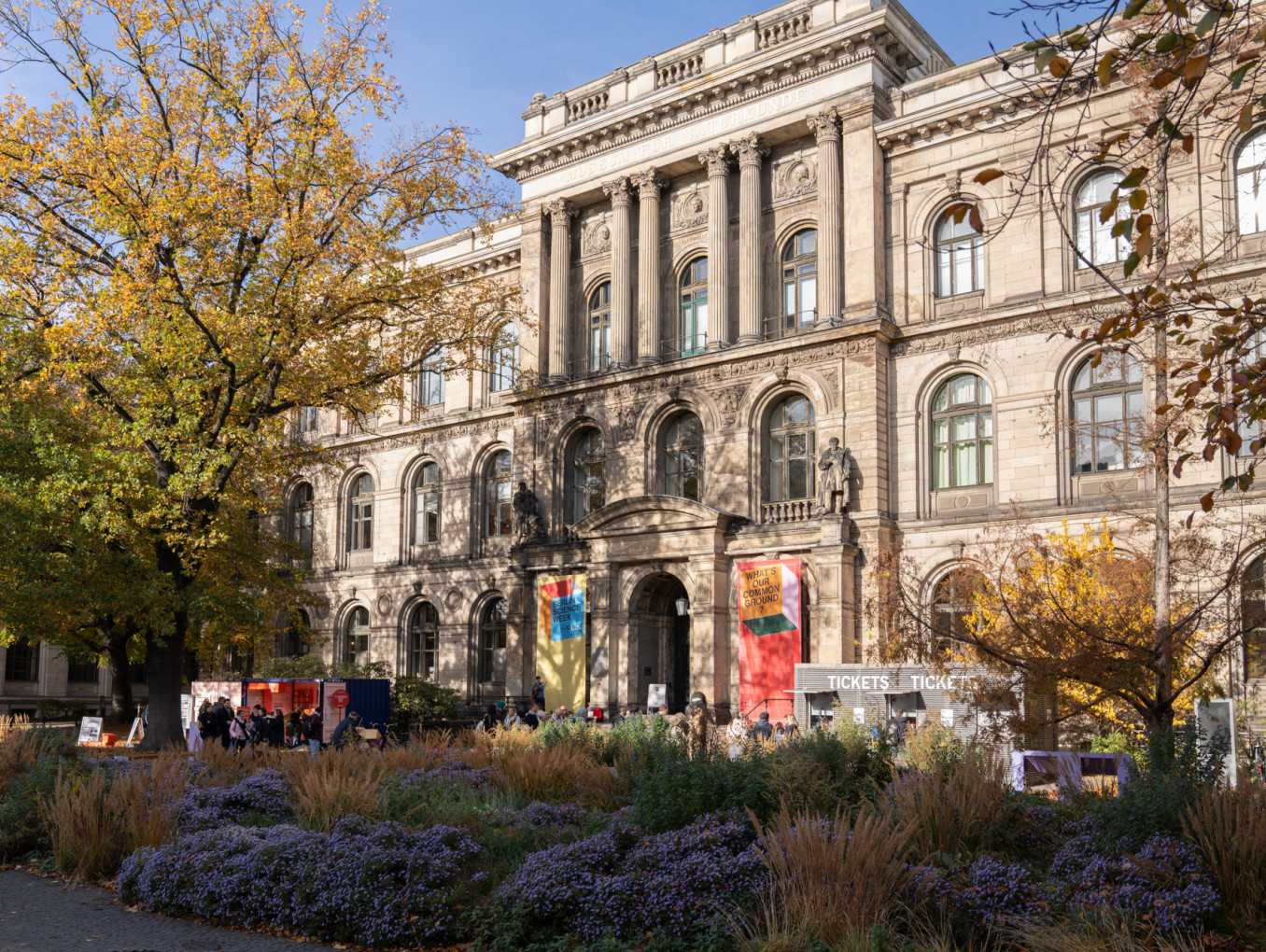



ACCESSIBILITY
Museum für Naturkunde Berlin
Invalidenstr. 43, 10115 Berlin
- Entrance: The museum has a barrier-free entrance located to the right of the main doors.
- Rooms: Toilets, exhibition spaces, and cloakroom are all accessible from the entrance.
- Parking: Three disabled parking spaces are usually available nearby, though currently only one is accessible due to construction.
- Wheelchairs: Available to borrow free of charge.
- Find more information here.
